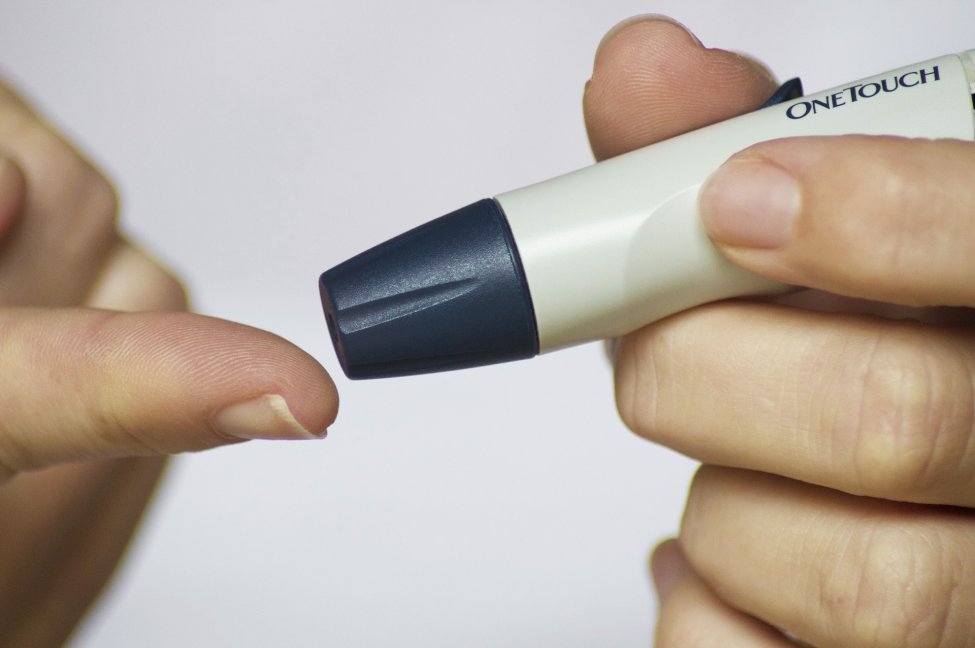Benign tumors in the adrenal gland linked with Type 2 diabetes may be more common than previously thought, according to new research. Photo by Tesa Photography/Pixabay
Jan. 3 (UPI) — Up to one in 10 adults has a benign tumor, or lump, in their adrenal glands that, though otherwise harmless, increases their risk for Type 2 diabetes and high blood pressure, a study published Monday by Annals of Internal Medicine found.
Called adrenal incidentalomas, the lumps can cause increased production of hormones, including the stress hormone cortisol, in the glands, which are situated on top of the kidneys and control hormone levels in the body, the researchers said.
Elevated levels of cortisol, a condition called mild autonomous cortisol secretion, are linked with Type 2 diabetes and high blood pressure, they said.
“Patients with mild autonomous cortisol secretion were more likely to be diagnosed with high blood pressure and to require three or more tablets to achieve an adequate blood pressure control,” study co-author Dr. Alessandro Prete said in a press release.
Among “patients with Type 2 diabetes, those with mild autonomous cortisol secretion were twice more likely to be treated with insulin,” said Prete, a research fellow University of Birmingham in England.
Based on the findings, an estimated 1.3 million, or 10% of, adults in Britain, have adrenal incidentalomas, Prete and his colleagues said, and previous studies have derived a similar percentage in the United States.
Earlier research suggests that one in five adrenal incidentalomas leads to excess cortisol, which has been linked with poor blood-sugar control, a common complication with Type 2 diabetes.
People with Type 2 diabetes produce insufficient levels of insulin, a hormone that helps the body process sugars, according to the Centers for Disease Control and Prevention.
More than 34 million adults in the United States have been diagnosed with Type 2 diabetes, while more than half of adults nationally have hypertension, or high blood pressure, the agency estimates.
For this study, Prete and his colleagues assessed 1,305 British adults with adrenal incidentalomas for high blood pressure and Type 2 diabetes, as well as cortisol production, comparing those with and without mild autonomous cortisol secretion.
Mild autonomous cortisol secretion was identified in nearly half of the study participants, the researchers said.
About 70% of those with mild autonomous cortisol secretion were women, and most of them were 50 years old and older, the data showed.
Those with the condition were found to be at increased risk for Type 2 diabetes and high blood pressure, according to the researchers.
Screening for mild autonomous cortisol secretion could help to identify people who may benefit from support to reduce their risk for these conditions, they said.
“Our hope is that this research will put a spotlight on this condition and increase awareness of its impact on health,” study co-author Dr. Wiebke Arlt said in a press release.
“We advocate that all patients who are found to carry an adrenal incidentaloma are tested for MACS and have their blood pressure and glucose levels measured regularly,” said Arlt, director of the University of Birmingham’s Institute of Metabolism and Systems Research.
